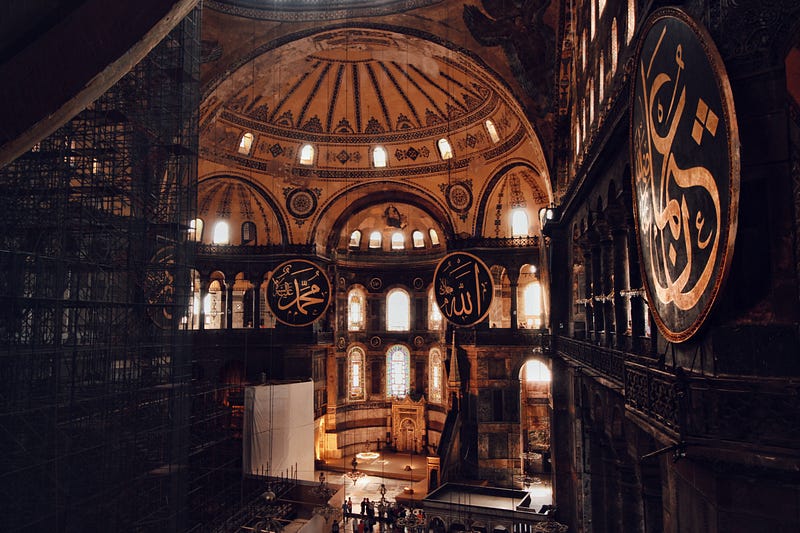The Intriguing Intersection of Islam and Scientific Inquiry
Written on
Chapter 1: The Age-Old Debate
The ongoing discussion surrounding science and religion has persisted for centuries. A critical inquiry is whether this contention is genuine or merely sensationalized by media outlets. Can one be both devout and a scientist without contradiction? The clash between religious scholars and scientific experts often leads to heated debates and attempts to disprove each other's convictions. Is there a potential for reconciliation? These inquiries are far from straightforward. A historical perspective reveals a long-standing conflict between these two realms, but it is essential to delve into the intricate socio-cultural factors that underpin them.
Notably, renowned geneticist Francis Collins, director of the National Institutes of Health (NIH) in the United States, openly expresses his faith in his book, “The Language of God.” Similarly, the prominent figure behind the big bang theory, a Belgian Catholic priest, illustrates that it is indeed possible to be both a dedicated believer and a proficient scientist.
Throughout history, numerous individuals have sought to separate science from religion, erecting an artificial barrier that dismisses the possibility of their integration. This mindset, however, has significant implications, particularly in societies where religion holds paramount importance.
Section 1.1: Understanding the Dynamics
To fully grasp the interplay between religion and science, it is crucial to uncover the underlying dynamics at play. In scientific exploration, natural phenomena are explained through rigorous empirical evidence and testable hypotheses. Established protocols serve as guidelines, and any resulting conflicts are approached with skepticism, sometimes leading to the abandonment of experiments. Conversely, religion primarily addresses moral, spiritual, and existential questions. It plays a vital role in shaping ethical principles and often focuses on moral dilemmas. Stephen Jay Gould’s concept of "Non-Overlapping Magisteria" encapsulates this relationship, suggesting that science and religion occupy distinct domains of inquiry, complementing rather than replacing one another.
Subsection 1.1.1: The Islamic Golden Age

One may ponder the relationship between Islam and scientific progress. During the Islamic Golden Age, cities such as Baghdad, Damascus, Cairo, and Cordoba became beacons of scientific innovation. Delving into this rich history reveals terms like Algebra, Algorithm, and Alkali, all derived from Arabic. The advancements in modern physics and mathematics owe much to these foundational concepts. Early Islamic rulers recognized that political power and scientific knowledge were intertwined; understanding medicine could save lives, while military technology could secure victories. A solid grasp of mathematics facilitated the management of complex state finances. Thus, the pursuit of knowledge has always been paramount in Islamic teachings, as emphasized by the Prophet Muhammad (P.B.U.H), who encouraged believers to seek knowledge from diverse sources.